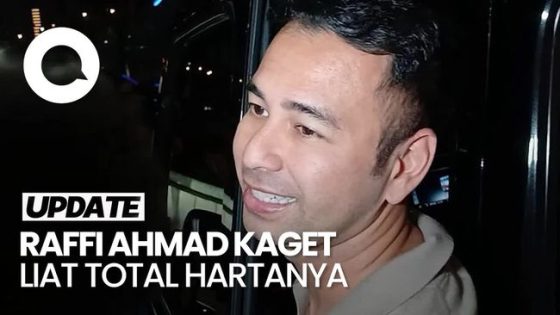On February 16, 2025, concerns are rising over budget cuts in Indonesia‘s education sector. Many believe that investing in education is crucial for the nation’s future. But are these budget cuts jeopardizing the quality of education for future generations?
- Investment in education is crucial for progress.
- Budget cuts threaten future generations' education.
- Social media campaigns highlight education crisis.
- Government criticized for inefficiency in education funding.
- Beasiswa KIP Kuliah funding remains intact.
- Education quality must not be compromised.
Why Education Investment is Key to Indonesia’s Future Growth
Is the government prioritizing education adequately? Recent budget cuts have sparked debates about the future of Indonesia’s educational landscape. Critics argue that these cuts could harm essential programs that support students and educators. As the nation aims for a prosperous future by 2045, the question remains: can Indonesia afford to compromise on education?
Impact of Budget Cuts on Student Support Programs in Indonesia
With a total education budget of Rp 724 trillion for 2025, the allocation for essential programs like KIP Kuliah has come under scrutiny. The cuts are expected to affect over a million students, raising alarms about access to education for low-income families. Here are some key points:
- Budget cuts threaten vital scholarship programs.
- Government commitment to education is being questioned.
- Calls for a reevaluation of budget priorities are growing.
- Experts stress the need for careful management of educational resources.
Understanding the Role of Education in National Development
Education is often seen as the backbone of a nation’s progress. In Indonesia, the government has a constitutional obligation to allocate at least 20% of its budget to education. However, current Trends indicate a shift away from this commitment. The implications of this could be far-reaching, affecting not only students but also the overall growth of the nation.
Stakeholder Reactions to Education Budget Cuts
Various stakeholders, including educators and policymakers, have voiced their concerns regarding the budget cuts. Many argue that reducing funding for education undermines the country’s future. They emphasize the importance of maintaining support for teachers and educational programs to ensure quality education for all.
Looking Ahead: The Future of Education in Indonesia
As Indonesia navigates these budget challenges, the focus must remain on ensuring that education is prioritized. The government needs to reconsider its approach to budget cuts, particularly in areas that directly impact student welfare. The future of Indonesia’s youth depends on the decisions made today regarding education funding.
In conclusion, the ongoing discussions about education funding in Indonesia serve as a critical reminder of the importance of investing in future generations. As the nation strives for progress, it must not lose sight of the fundamental role education plays in shaping a prosperous society.
































